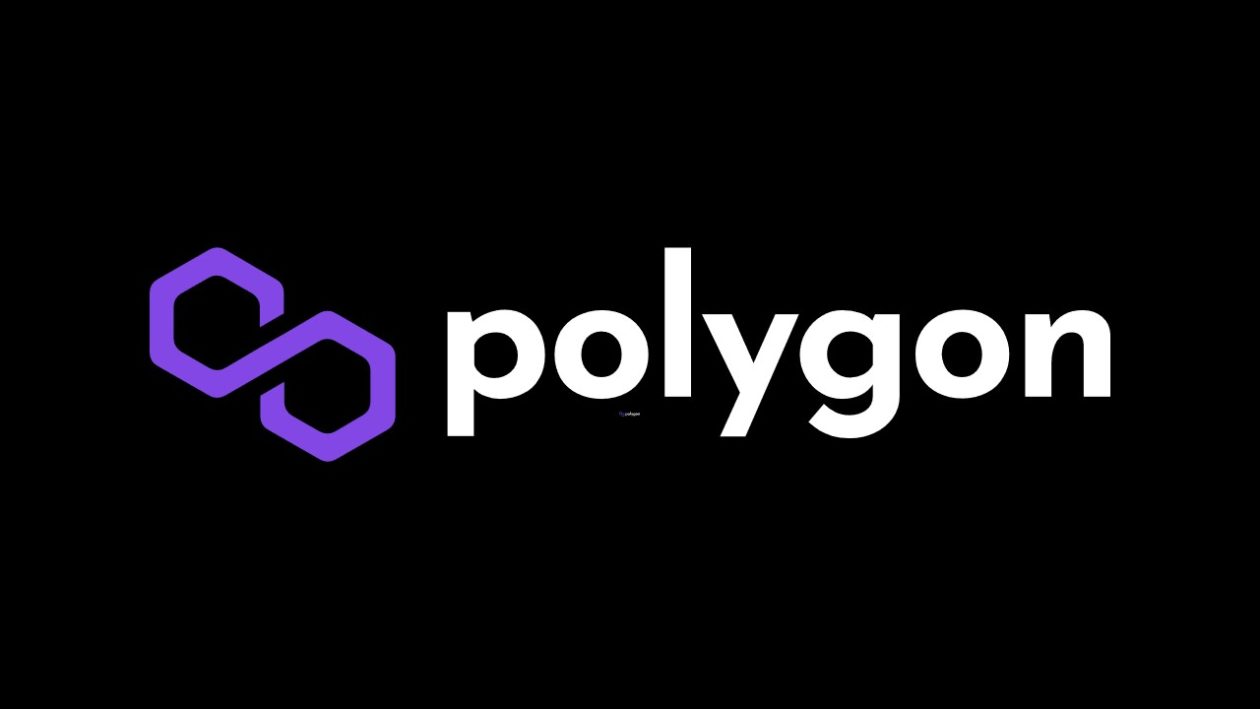In a notable development within the blockchain sector, Polygon has announced a major upgrade to its native MATIC token, rebranding it as POL. This change marks a significant milestone for the network, which aims to enhance its capabilities and broaden its impact in the decentralized ecosystem.
The Polygon team unveiled the upgrade through a detailed post on its official blog, highlighting the strategic rationale behind the transition from MATIC to POL. According to the announcement, the rebranding reflects Polygon’s evolving vision and its commitment to expanding beyond its initial scope. The upgrade is designed to optimize the network’s functionality, improve scalability, and offer users enhanced utility.
One of the key features of the POL token is its upgraded governance capabilities. With the transition, POL will incorporate advanced governance mechanisms, allowing token holders to have a more direct influence on the network’s development and decision-making processes. This move is expected to foster a more decentralized and community-driven approach to network upgrades and protocol changes.
Furthermore, the rebranding is accompanied by an overhaul of the tokenomics. The POL token will introduce new staking options and incentives, aimed at encouraging greater participation and commitment from the community. These changes are part of Polygon’s broader strategy to strengthen its ecosystem and attract a wider range of users and developers.
Polygon’s decision to upgrade its token comes at a time when the blockchain industry is witnessing rapid advancements and increased competition. By repositioning its native asset, Polygon aims to reinforce its role as a leading layer-2 scaling solution and enhance its value proposition within the broader crypto market.
The transition from MATIC to POL will be executed in phases, ensuring a smooth migration for existing token holders and network participants. Detailed guidelines and a timeline for the upgrade will be provided to ensure that the community is well-informed and prepared for the change.
In summary, the upgrade from MATIC to POL represents a significant evolution for Polygon, reflecting the network’s ambition to advance its technology and governance framework. As the blockchain landscape continues to evolve, this strategic move positions Polygon for future growth and development in the ever-changing crypto ecosystem.

 Business2 days ago
Business2 days ago
 Business1 week ago
Business1 week ago
 Business1 week ago
Business1 week ago
 Business2 days ago
Business2 days ago
 Business6 days ago
Business6 days ago
 Business6 days ago
Business6 days ago
 Business6 days ago
Business6 days ago
 Business6 days ago
Business6 days ago

























